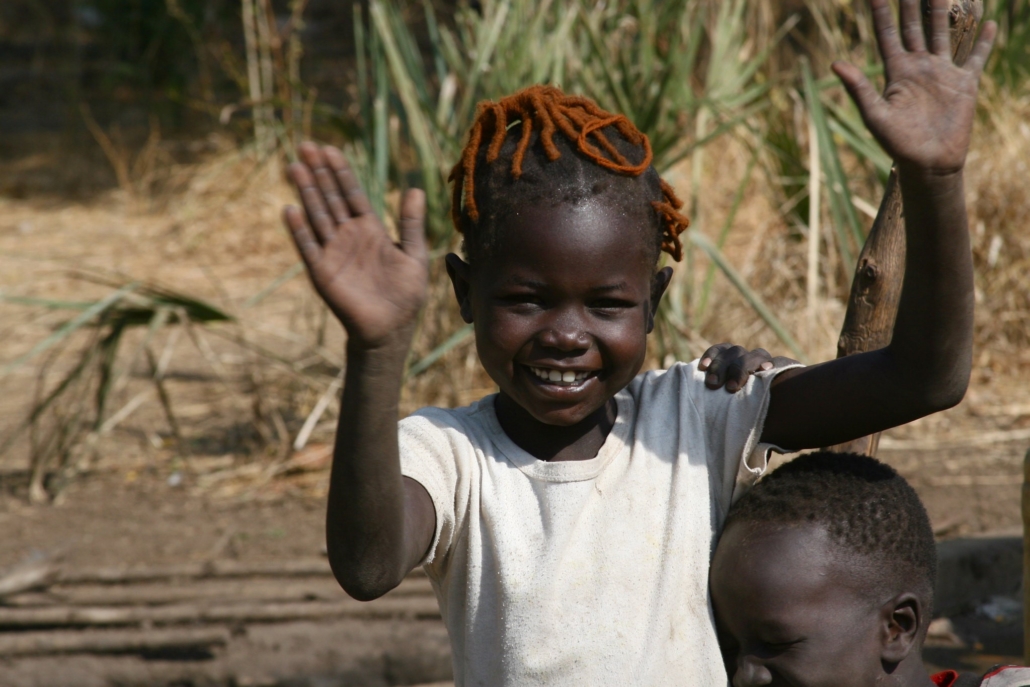5 Organizations Fighting Poverty in Sudan

Sudan is one of the poorest developing countries in the world with over 40% of its citizens living below the poverty line. Poverty in Sudan results from a combination of factors ranging from the country’s location in the Sahara desert to rampant government corruption.
The History of Poverty in Sudan
Around 80% of the country’s rural population relies on subsistence agriculture. However, due to inconsistent rainfall and a lack of conservation measures, many of these vulnerable populations end up landless and jobless due to desertification and flooding. As a result of these conditions, more than 2.7 million children are acutely malnourished. Further, estimates determine that 5.8 million people in Sudan are food insecure.
Additionally, since its independence in 1956, Sudan has faced continued political unrest. The dictator Omar Hassan al-Bashir banned nongovernmental organizations, which inhibited humanitarian assistance and led to the persecution of the Christian minority in the country. Although circumstances looked hopeful in 2019 as a result of the overthrow of Omar Hassan al-Bashir and the shift of Sudan into a transitional democratic government, the scars of Bashir’s 30-year regime remain. Sudan still faces an economic crisis due to the loss of two-thirds of its oil revenues with the succession of South Sudan during Bashir’s rule. Additionally, Sudan has over 2 million internally displaced people.
These conditions have left Sudan in a humanitarian crisis. However, many organizations are combatting the issues and providing relief to the Sudanese people. Here are five organizations fighting poverty in Sudan.
5 Organizations Fighting Poverty in Sudan
- UNICEF Sudan: Around 65% of the Sudanese population is under 25 years old, and UNICEF Sudan is the leading agency dedicated to providing long-term humanitarian and developmental assistance to these vulnerable children and adolescents across the country. The organization has allocated an aggregate budget of $47,125,000 from regular resources and $193,925,000 in other resources to Sudan’s country program from 2018 to 2021. UNICEF Sudan established its Policy, Evidence and Social Protection program to help strengthen the national and local governmental agencies in Sudan by redistributing budget allocations to improve holistic conditions for children in aspects ranging from health, nutrition, water and sanitation, education and social protection. One of UNICEF Sudan’s objectives in 2020 is to provide treatment for 300,000 children between the ages of 6 to 59 months who experience severe acute malnutrition.
- The World Food Programme (WFP): The World Food Programme works to improve conditions in Sudan by providing food, economic resources and educational programs to the Sudanese people experiencing continuous internal conflicts. In 2019, the organization implemented a four-tier plan that will last until 2023 and aims to respond to imminent emergencies and other persistent issues such as malnutrition, food insecurity and lack of access to humanitarian resources. In 2019, there were 3,810,110 beneficiaries of the program. The program also delivered 153,698 mt of food to the country. The World Programme is currently working to install a solar power plant to reduce carbon emissions in Sudan.
- Save the Children: Save the Children began its work in Sudan in 1984. This organization aims to help displaced women, children and families by providing assistance in the areas of education, health and related programs. Although Bashir’s rule in 2009 revoked Save the Children U.S., its partnership with Save the Children Sweden and the help of donations and sponsors allowed this organization to continue to affect change by protecting 38,342 children from harm and providing 185, 009 children vital nourishment.
- Mercy Corps: Mercy Corps began humanitarian and development assistance in Sudan in 2004. It operates primarily in the South Darfur and South Kordofan states to provide resources for food, health care, education and other humanitarian efforts. In addition, Mercy Corps also helps Sudan manage conflict and disasters with the hope of providing long-term stability and resourcefulness to the Sudanese people. Specifically, Mercy Corps hopes to maintain stability through its establishment of 10 community-based organizations that provide emergency preparedness, response and coordination in South Kordofan states. Mercy Corps has impacted hundreds of thousands of Sudanese people to date by providing clean drinking water to 265,000 individuals and assisting 23,000 local farmers.
- Plan International: Plan International has provided humanitarian relief to Sudanese women and children since 1977. Plan Sudan focuses on the following program areas: children’s health, water and sanitation; hygiene; learning for life and economic security. One can see the success of its efforts through its sponsorship of 31,419 Sudanese children.
Though the country requires a lot more work to eliminate poverty in Sudan, these organizations provide hope for its people. Through continued efforts, hopefully, Sudan will overcome the systemic poverty and internal corruption that has long plagued the country.
– Kira Lucas
Photo: Flickr
